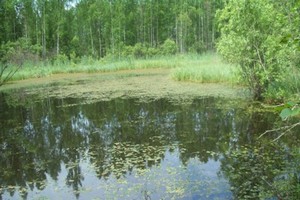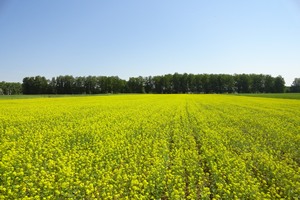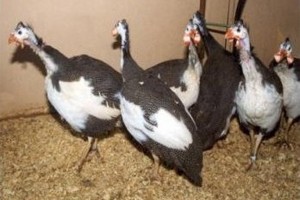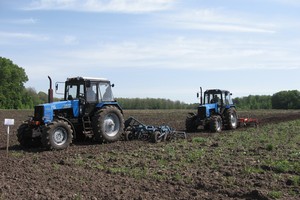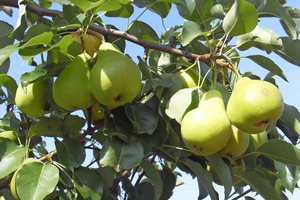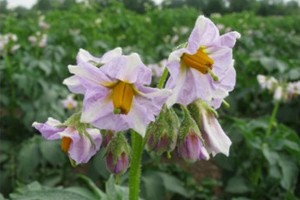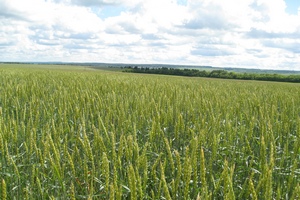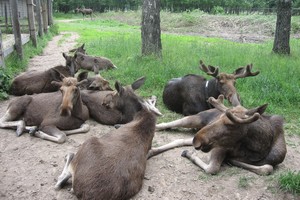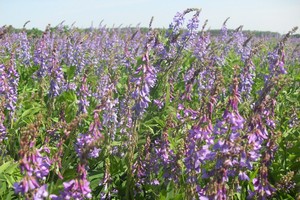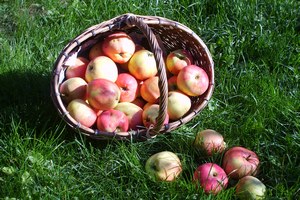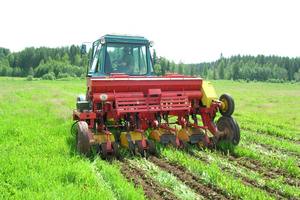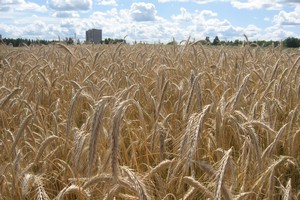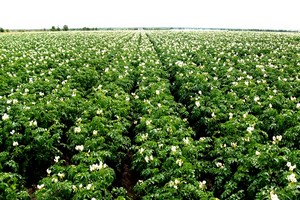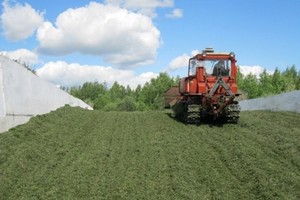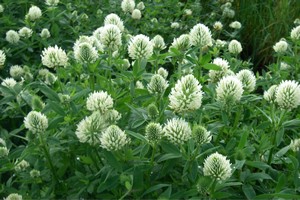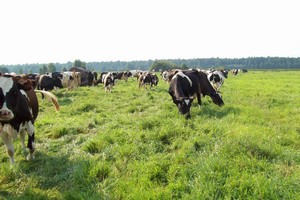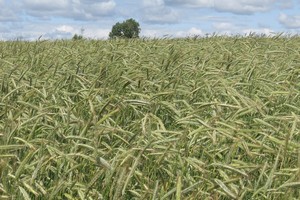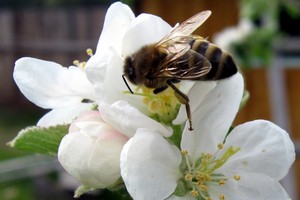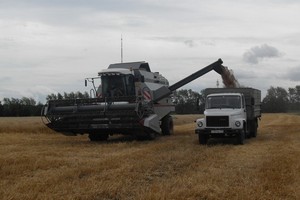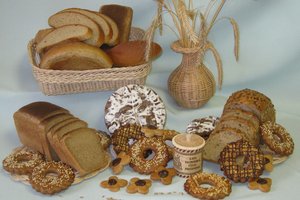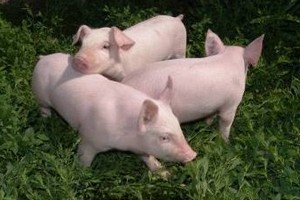Varietal variability of parameters of non-specific resistance of spring common wheat plants to abiotic stress
Pages: 4-8.
Amunova O.S., post-graduatestudent,
Lisitsyn E.M., DSc, head of department
North-East Agricultural Research Institute, Kirov, Russia
E-mail: edaphic@mail.ru
Dynamics of relative content of ascorbate, mono-carbohydrates and total carbohydrates in leaves of four wheat varieties of different ecological-and-geographic origin were investigated for study of varietal heterogeneity of wheat on manifestation of non-specific resistance against aluminum stress. It was established that increase of resistance of root systems is accompanied with decrease of relative content of ascorbate in leaves. Perhaps it is linked with increasing of outflow of ascorbic acid toward roots. There was negative relation of average force between relative content of mono-carbohydrates and root systems' resistance (r = -0.41…-0.64). Perhaps increase of outflow of monosugars from above-ground parts of plants to roots takes place. Direction and constrain force between content of total carbohydrates in above-ground parts of plants and degree of depression of root growth varied significantly during adaptation process (from r = 0.39 up to r = -0.80). Different varieties undergo different level of oxidizing damages at impact of abiotic stressor. Level of stress-resistance of above-ground part of plants does not coincide with level of stress-resistance of root systems. Existence of genetic variability on investigated parameters of non-specific resistance made possible of breeding for combination of high root resistance with high level of resistance of above-ground part of plants.
Keywords: common wheat, aluminum, ascorbic acid, mono-carbohydrates, total carbohydrates, heterogeneity
References
1. Brosche M., Kangasjarvi S., Overmyer K., Wrzaczek M., Kangasjarvi J. Stress Signaling III: Reactive Oxygen Species (ROS). Abiotic Stress Adaptation in Plants Physiological, Molecular and Genomic Foundation. Springer Science + Business Media B.V., 2010. pp. 91-102.
2. Chirkova T.V. Fiziologicheskie osnovy ustoychivosti rasteniy. [Physiological basis of plant resistance]. Saint-Petersburg: Saint-Petersburg University Press, 2002. 244 p.
3. Zhou G., Delhaize E., Zhou M., Ryan P.R. Biotechnological Solutions for Enhancing the Aluminium Resistance of Crop Plants. Abiotic Stress in Plants - Mechanisms and Adaptations. Croatia: InTech, 2011. pp. 119-142.
4. Duressa D., Soliman K., Chen D. Identification of Aluminum Responsive Genes in Al-Tolerant Soybean Line PI 416937. Int. J. Plant Genomics. 2010. V. 2010. no.3. pp. 1-13. Article ID 164862.
5. Houde M., Diallo A.O. Identification of genes and pathways associated with aluminum stress and tolerance using transcriptome profiling of wheat near-isogenic lines. BMC Genomics. 2008. V. 9. article 400.
6. Guo P., Bai G., Carver B., Li R., Bernardo A., Baum M. Transcriptional analysis between two wheat near-isogenic lines contrasting in aluminum tolerance under aluminum stress. Mol. Genet. Genom. 2007. V. 277 (1). pp. 1-12.
7. Duressa D., Soliman K.M., Taylor R.W., Chen D. Gene expression profiling in soybean under aluminum stress: genes differentially expressed between Al-tolerant and Al-sensitive genotypes. Am. J. Mol. Biol. 2011. V.1. pp. 156-173.
8. Lisitsyn E. M. Intravarietal level of aluminum resistance in cereal crops. J. Plant Nutrit. 2000. V.23(6). pp. 793-804.
9. Lisitsyn E.M. Metodika laboratornoy otsenki alyumoustoychivosti zernovykh kul'tur. [Methods for laboratory evaluation of aluminum resistance in grain crops]. Doklady RASKhN. 2003. no.3. pp. 5-7.
10. Metody biokhimicheskogo issledova-niya rasteniy. [Methods of biochemical investigation in plants]. Edited by
Ermakov A.I. Leningrad: Agropromizdat, 1987. 429 p.
